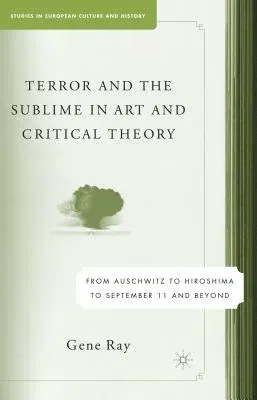G Ray
(Author)Terror and the Sublime in Art and Critical Theory: From Auschwitz to Hiroshima to September 11 (2005)Paperback - 2005, 4 April 2011

Qty
1
Turbo
Ships in 2 - 3 days
In Stock
Free Delivery
Cash on Delivery
15 Days
Free Returns
Secure Checkout
Part of Series
Studies in European Culture and History
Print Length
220 pages
Language
English
Publisher
Palgrave MacMillan
Date Published
4 Apr 2011
ISBN-10
0230110487
ISBN-13
9780230110489
Description
Product Details
Author:
Book Edition:
2005
Book Format:
Paperback
Country of Origin:
US
Date Published:
4 April 2011
Dimensions:
21.34 x
13.72 x
1.78 cm
Genre:
20th Century
ISBN-10:
0230110487
ISBN-13:
9780230110489
Language:
English
Location:
New York
Pages:
220
Publisher:
Weight:
317.51 gm

